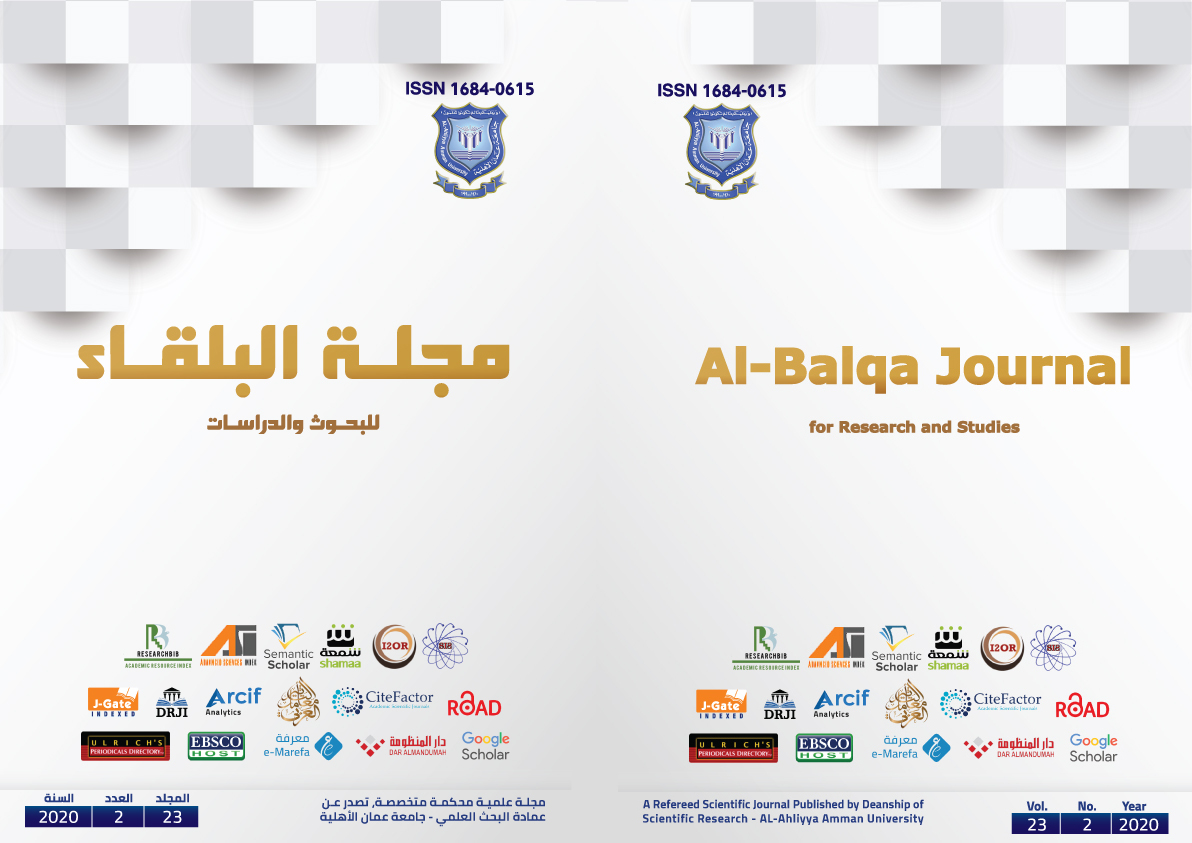Al-Balqa Journal for Research and Studies البلقاء للبحوث والدراسات

Abstract
Since its first publication in 1938, Lawrence Durrells The Black Bock had attracted much criticism that tended to focus on its form, style. and significance in anticipating Durrell’s later mega novel The Alexandria Quartet (1962). A linguistically rich and thematically layered novel, The Black Book continues to offer the critic many avenues of investigation, including its political and historiographic implications as they are played out in an implicit critique of colonialism, which is basically related to the aesthetics of the novel. This study intends to reinterpret Durrell’s The Black Book as a critique of colonialism. Reading Durrell‘s work from a post-colonial perspective shows how Durrell writes of the interconnections of the privet and the public, and the political, the personal and the political the aesthetic and the historiographic in The Black Book, which is at once an act of revelation and resistance, a wake-up to and for personal, artistic, and political freedom.
Recommended Citation
T. Ali, Ahmad
(2003)
"Reinterpreting The Black Book: A Postcolonial Approach,"
Al-Balqa Journal for Research and Studies البلقاء للبحوث والدراسات: Vol. 10:
Iss.
2, Article 7.
Available at:
https://digitalcommons.aaru.edu.jo/albalqa/vol10/iss2/7

